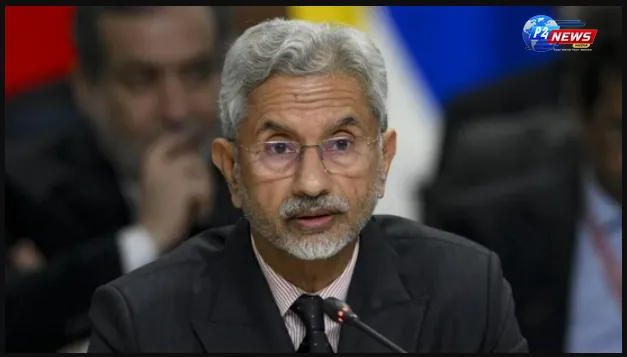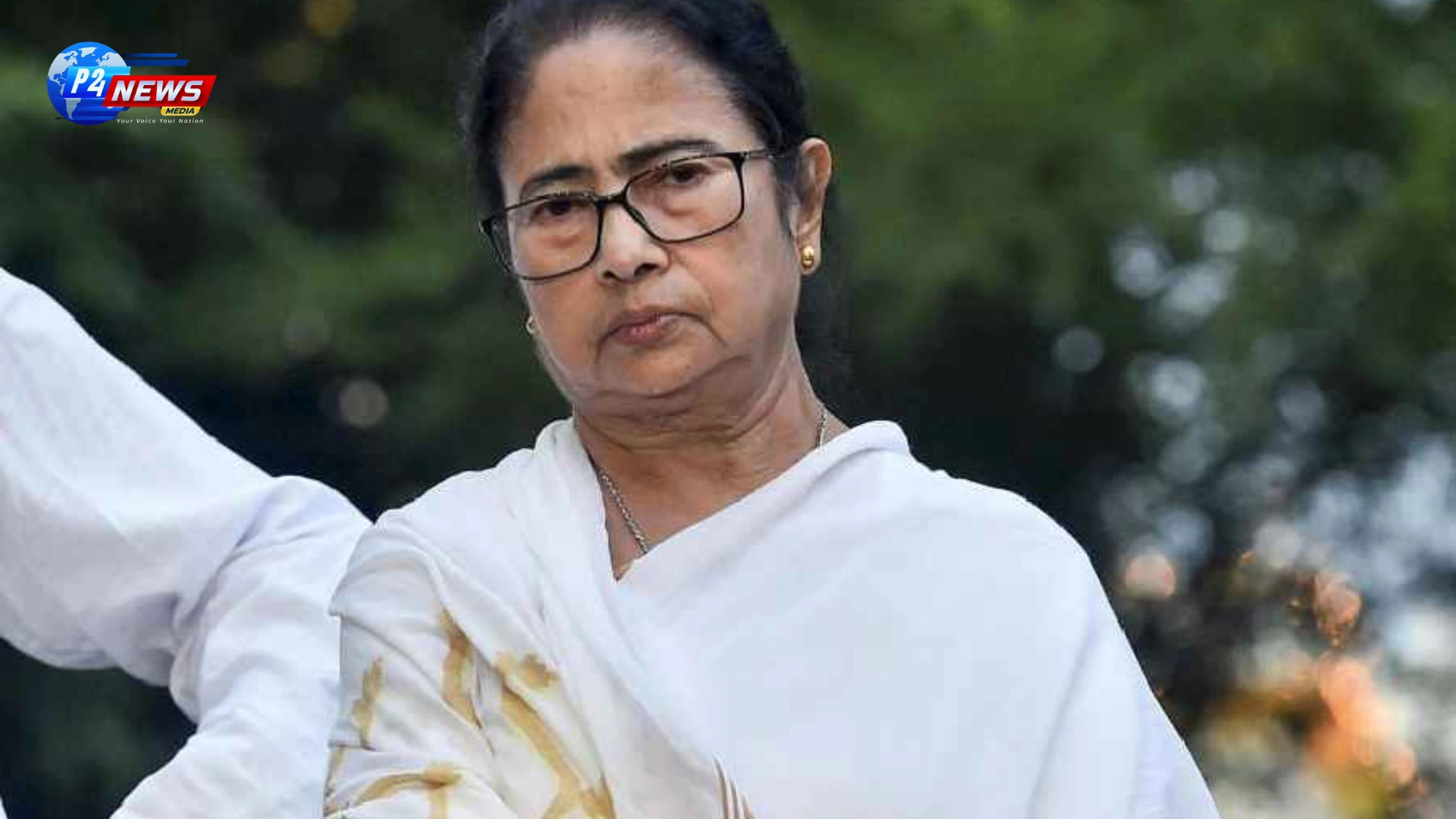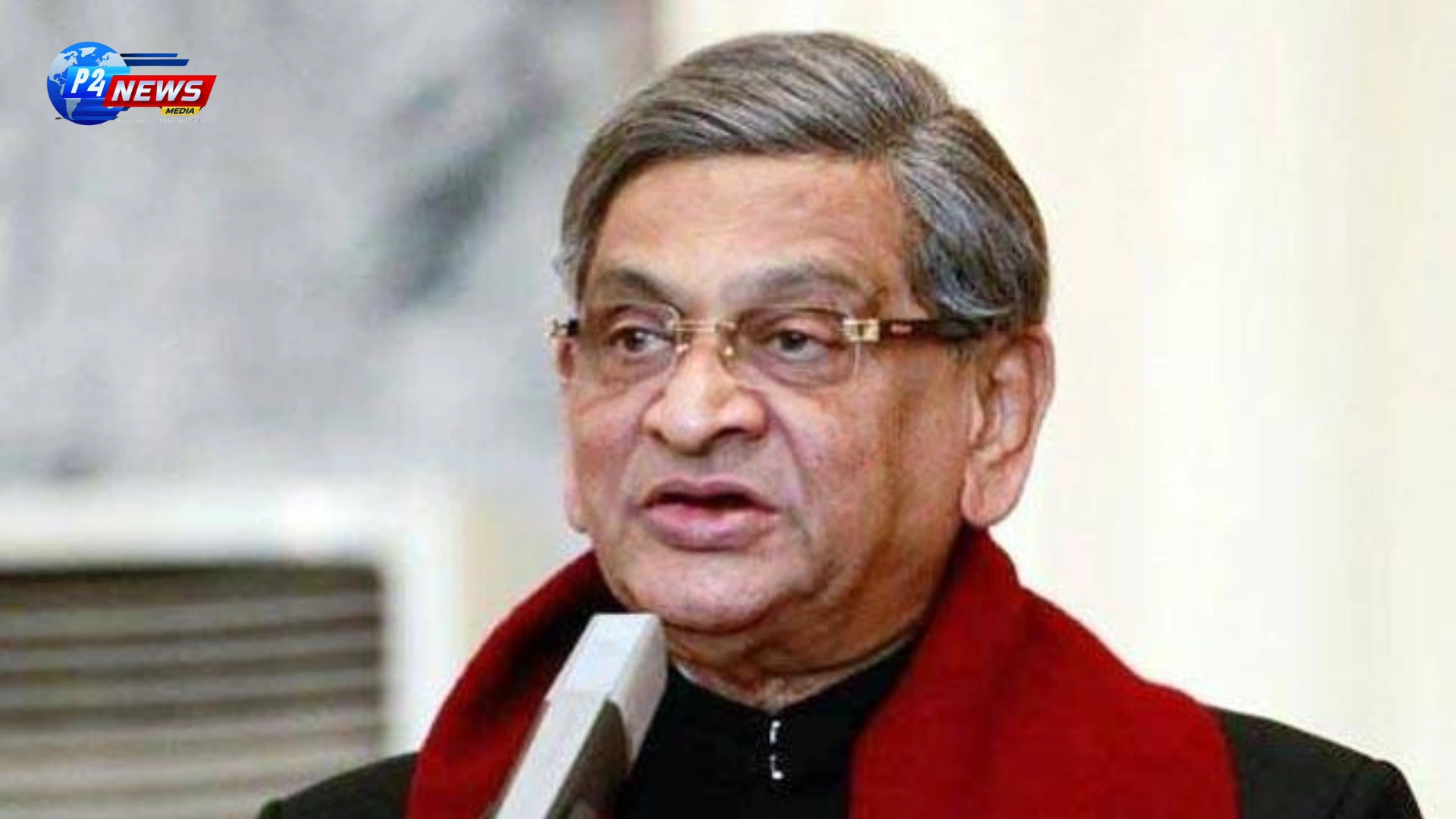Government sources indicate that the proposed 'One nation, one poll' bill may be submitted to a joint parliamentary committee for extensive discussion, similar to the process used for the Waqf Amendment Bill. This aims to ensure comprehensive deliberation.
The central government is currently considering the introduction of the ‘One nation, one election’ bill during the ongoing winter session of Parliament. Although the Union cabinet has yet to formally approve this legislation, sources suggest a strong indication of intent to move forward. If the bill is not presented during the winter session, it is anticipated that it will be introduced in the subsequent budget session of Parliament. Once the bill is introduced, it is expected to be referred to a joint parliamentary committee (JPC) for comprehensive consultation, similar to the process followed with the Waqf Amendment Bill.
The JPC will engage in discussions not only with state governments and various political parties, but also with speakers of state assemblies and representatives from diverse sectors of society. There remains uncertainty regarding whether the forthcoming bill will be comprehensive or divided into multiple legislations, potentially involving constitutional amendments. This is in line with recommendations from the committee led by former President Ram Nath Kovind, which suggested that multiple legislations could be advanced as part of the initiative.
The government recognizes that this legislation will necessitate several constitutional amendments, which require a two-thirds majority vote in both houses of Parliament. Currently, the ruling party does not possess a robust majority, complicating the potential passage of such a significant bill. Following the Union cabinet's approval of the ONOP proposal in September, speculation arose that the measure could be introduced during this winter session, although the government is prioritizing consensus-building with stakeholders before advancing the legislation.
The ‘One nation, one election’ initiative seeks to synchronize the timing of Lok Sabha and state assembly elections. The government argues that this approach could significantly reduce election-related expenses and streamline logistical arrangements related to the electoral process. The high-level committee under Kovind delivered its report just before the recent Lok Sabha elections, incorporating input from various political factions as well as members of the judiciary.
Union ministers, including Rajnath Singh, Arjun Ram Meghwal, and Kiren Rijiju, have actively engaged with opposition parties, although talks with major opposition entities, notably the Congress party, have yet to occur. When announcing the cabinet's decision on ONOP, the government indicated a phased implementation plan, with the initial stage focusing on simultaneous Lok Sabha and assembly elections, followed by local body elections within 100 days post-general elections. Additional measures involve establishing a common electoral roll and forming an implementation group to oversee the process.
Prime Minister Narendra Modi is a staunch proponent of this reform, believing it would allow the government to concentrate on governance throughout its tenure rather than being preoccupied with continuous electoral cycles. High-ranking officials within the BJP, including Home Minister Amit Shah, have publicly declared that the ‘One nation, one election’ concept will precede the polls in 2029. Furthermore, allies within the NDA coalition, such as Chandrababu Naidu from the Telugu Desam Party, have expressed strong support for the ONOP initiative.
As this initiative unfolds, it sparks a critical conversation regarding the efficacy and implications of conducting elections in this manner. Analysts and political commentators are keenly observing how the government navigates the complex landscape of legislative approval and public sentiment surrounding electoral reforms. The outcome of these discussions and any consequent legislative actions will likely shape the future of India's democratic processes significantly.
















Comments 0